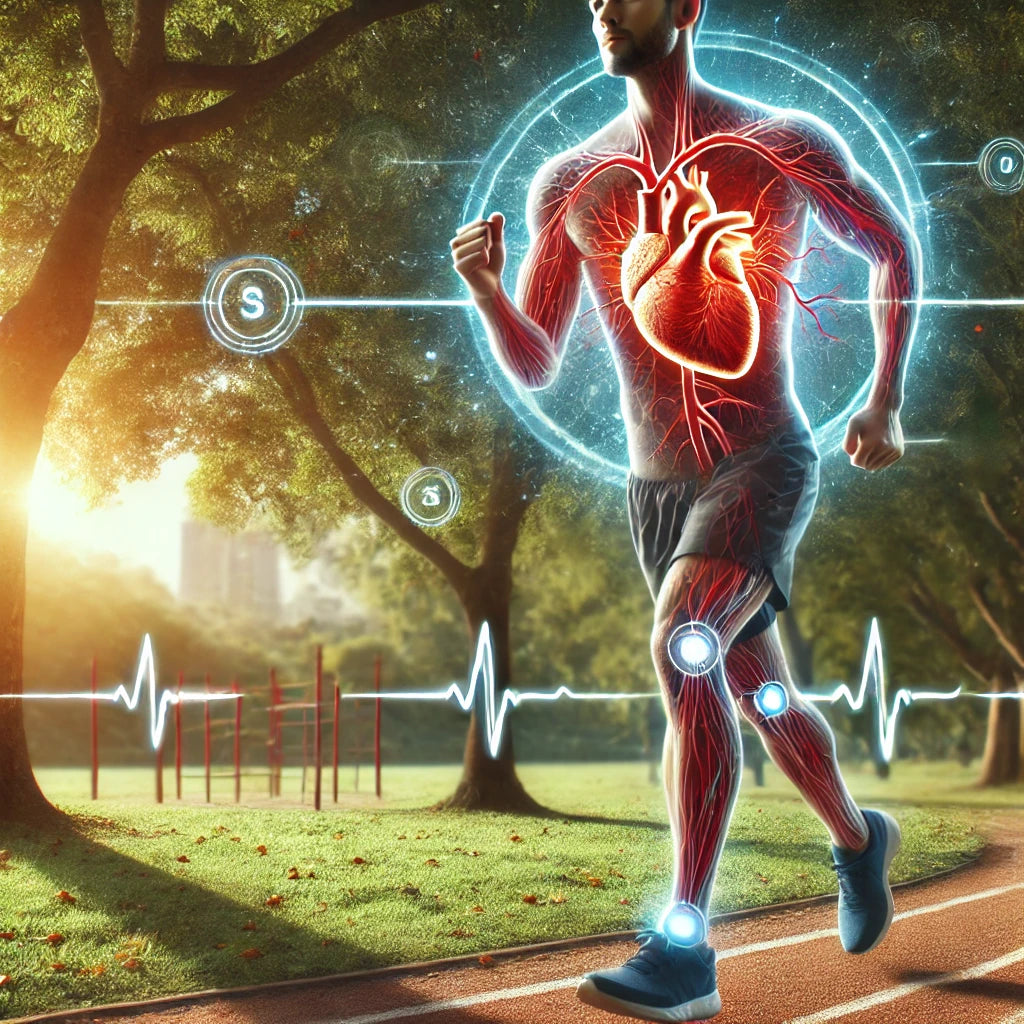
Physical Exercise: The Best Medicine in the World
Share
Regular exercise is considered by many experts to be one of the most effective interventions for improving health and quality of life. In fact, many scientific studies indicate that physical activity can be more powerful than many medications in preventing and treating a variety of health conditions. Here are some reasons why exercise is often called “the best medicine in the world.”
1. Improves Cardiovascular Health

Regular exercise is essential for heart health. Activities such as walking, running, cycling or swimming help strengthen the heart muscle, improve blood circulation and reduce blood pressure. Studies show that physically active people have a significantly lower risk of developing heart disease and stroke.
2. Body Weight Control

Physical activity helps maintain a healthy body weight. It increases calorie expenditure, improves body composition by increasing muscle mass and reducing body fat, and speeds up metabolism. Maintaining a healthy weight is essential to prevent diseases such as type 2 diabetes, high blood pressure, and cardiovascular disease.
3. Mental and Emotional Benefits

Exercise has a positive impact on mental health. Regular physical activity releases endorphins, neurotransmitters that promote a sense of well-being and happiness. In addition, exercise helps reduce symptoms of depression and anxiety, improves mood and increases feelings of relaxation.
4. Strengthens Muscles and Bones

Resistance exercises, such as weight lifting, and impact activities, such as running, are essential for strengthening bones and muscles. These exercises help prevent osteoporosis and sarcopenia (loss of muscle mass associated with aging) by keeping the body strong and functional.
5. Improves Sleep Quality

Regular exercise is associated with better sleep quality. Active people tend to fall asleep faster and enjoy deeper, more restful sleep. Exercise helps regulate circadian rhythms, promoting a healthy sleep cycle.
6. Increases Longevity

Numerous studies indicate that regular exercise is associated with a longer life. Physical activity reduces the risk of premature death from chronic diseases and improves quality of life as we age. Active people are generally more independent and have better overall health in old age.
7. Improves Cognitive Function

Exercise also has a positive impact on brain health. Regular activity is associated with improved cognitive function, including improvements in memory and the ability to concentrate. Additionally, exercise may reduce the risk of developing neurodegenerative diseases, such as Alzheimer’s disease and other forms of dementia.
Conclusion
Incorporating exercise into your daily routine can be the key to a healthier, happier life. No matter your age or fitness level, there’s always room for improvement. Walking, running, swimming, weight training, or even just doing exercises at home can all have significant health benefits.
For more tips on starting and maintaining an exercise routine, visit Home Workouts .
References:
What is the right training program for me?
We recommend that you check which training program is best suited for you. Find out which training program is right for you where after completing the questionnaire we will help you identify the ideal training plan based on your goals and fitness level, ensuring more efficient and targeted development.
Revenues:
- Chicken Salad with Quinoa and Avocado
- Recipe: Protein Pancakes
- Chicken Salad with Quinoa and Avocado
- Recipe: Banana Smoothie with Rice and Oat Milk
- Green Detox Smoothie Recipe
Other topics:
Challenge of the day | Tips | Training
Suggested services:
Diagnosis, assessment/reassessment | Planning | Accompanied training
Suggested ebooks:
100 No Excuses Workouts | Amateur race | Fitness Detox
Suggested training programs:
Military training | Metabolic training
Where to buy Food Supplements
Whey protein 900g chocolate flavor
Creatine monohydrate with Creapure® seal 240 capsules
Omega-3 Supplement
For more tips on training and health care, keep following our articles at www.treinoemcasa.com .



